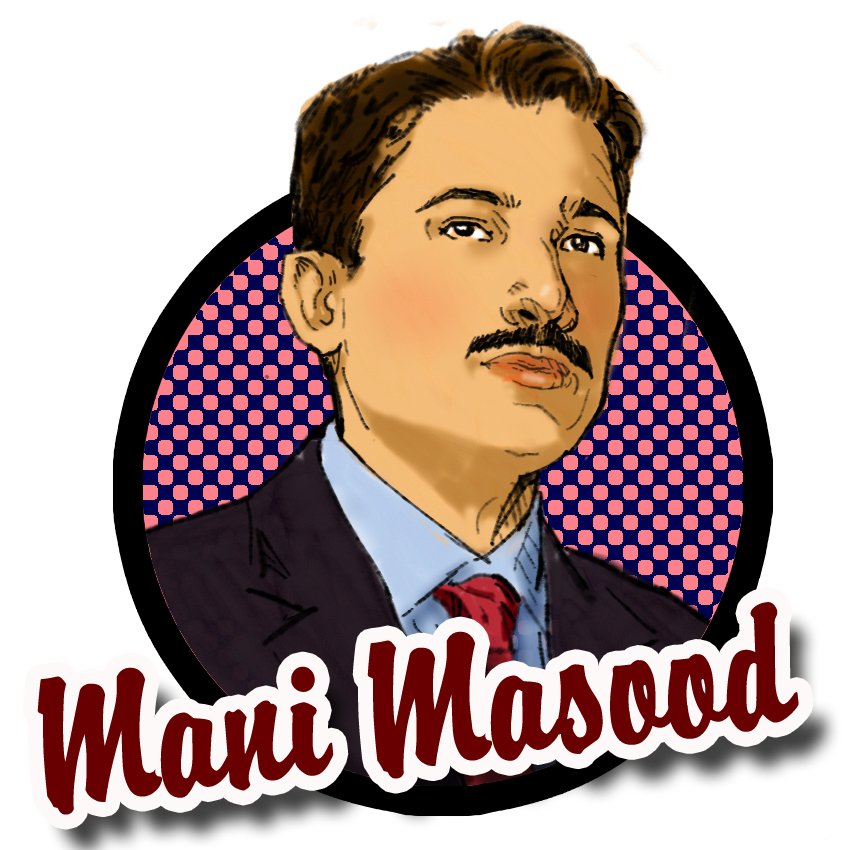If science is the language that moves you, and for many of us, it is just that, then you really might want to consider the pace at which the collective human knowledge is evolving, expanding and growing exponentially. To manage this ever expanding body of knowledge an open source initiative called “Plan S” seeks to decentralize the proliferation of research papers.
Having said that, we are making new innovations perilously fast, making it increasingly difficult to even follow.
In a sense this a very good thing, as Science is the engine that drives our economy and the more you produce the better your economic output would be.
Now Latest News from Science Magazine is reporting a story titled “A surprising Alzheimer’s suspect, why scientific societies are worried about ‘Plan S,’ and more”.
Scientific societies supported by journal subscriptions worry an open source scientific publishing platform “Plan S” could potentially bankrupt them. Introduced in September 2018 by European research funders and endorsed by others since then, the plan would make papers immediately available free of charge. All publishers that charge subscriptions will be affected, but scientific societies fear they could be hit especially hard.
It is extremely important for businesses and organizations to reconsider and revisit their business and revenue models. Change in technology and the consequent effect of this change on the overall consumer behavior and in many cases the culture itself can and does disrupt businesses.
The news and media industry faced dramatic disruption due to the internet and the free / ads based revenue model for all kinds of digital content. Cable or even premium content like HBO is not free on TV yet people expect Youtube and others to be free of cost.
The scientific community has enjoyed this luxury for too long, and I think it is about time that it faces a much needed disruption to encourage change and evolution.
Unfortunately, I do feel that instead of rethinking the entire business model, most organizations would opt for a defensive option to lock their content behind paid firewalls.
Alternatively, I would recommend that they reconsider their entire approach and do a deep assessment of the nature of the data and try to create products, licensing agreements and services that help with exploitation of the data that they have.
Opensource technologies are a great thing for advancement of education and student exploration. They help bring down the cost of skills and capability acquisition but at the same they effect businesses adversely and may end up impacting a economy in an expected manner.
But then again – instead of resisting change – it is always better to manage change.
The more technology stories like these are reported, it will fuel the creativity of the next generation.
I attempt to comment on stories like [post_keyword] on my website, one for referencing back when you are writing something, and two to share with everyone.
If you like this story you should check out some of the other stories in the science section
To check the original story Click here







